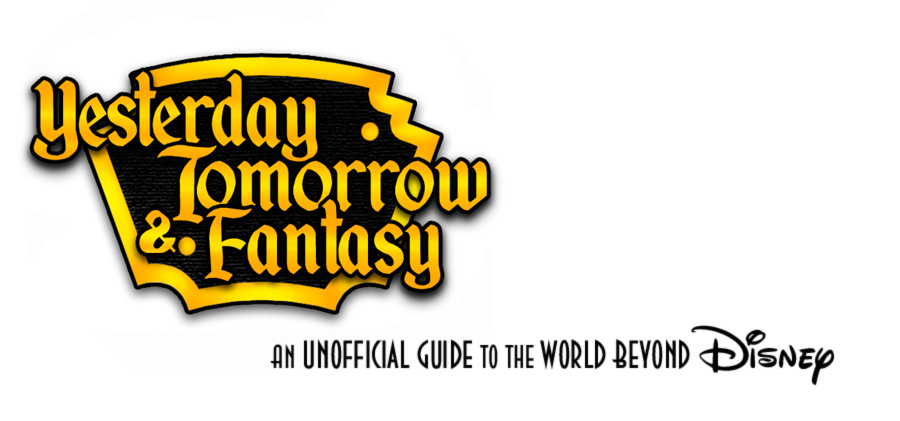One of the most hypnotic sequences of song and animation in Disney's oeuvre is the song Baía from The Three Caballeros. José Carioca, the cigar-chomping Brazilian parrot, asks Donald if he has ever been to the state of Baía. When he answers in the negative, José creates a picture in song of the sleepy region and its capital Salvador. Though our host is clearly from Rio de Janeiro - the term "Carioca" refers to people from there - the romantic image he paints of Baía can create a longing in anyone's heart for languid South American cities of 70 years ago.
The Three Caballeros (1944) and Saludos Amigos (1942), the two films to come out of Walt Disney's goodwill tout of South America, were as much steeped in the popular music of their time as Make Mine Music and Melody Time. All four films dated from the period of Disney's wartime "package" films, which took the route of bundling together an anthology of shorts built around music. They were equal parts heir to Fantasia and the Silly Symphonies shorts. For the two Latin American films, the popular music hailed from Latin America.
The song that Disney turned into Baía was originally written in 1938 as Na Baixa do Sapateiro by Ary Barroso. Translating to English as "In the Shoemaker's Hollow," it tells the story of a humble shoemaker in Salvador who holds out the torch of unrequited love for a dark-haired young lady. The Portuguese lyrics are as follows:
Ai, amor ai, aiAmor, bobagem quea gente não explica ai, aiProva um bocadinho, oiFica envenenando, oiE pro resto da vida é um tal de sofrerÔ lará, ô lerêÔ Bahia, iaiáBahia que não me sai do pensamentoFaço o meu lamento, oiNa desesperança, oiDe encontrar nesse mundoO amor que eu perdi na BahiaVou contarNa Baixa do SapateiroEu encontrei um diaA morena mais frajola da BahiaPedi um beijo, não deuUm abraço, sorriuPedi a mão, não quis darFugiuBahia, terra de felicidadeMorena, ah morenaEu ando louco de saudadeMeu Senhor do BonfimArranje outra morenaIgualzinha prá mimAi Bahia, iaiá
Ray Gilbert rewrote the song for Disney, altering the lyrics to...
Oh Baía, when twilight is deep in the sky, BaiáSomeone that I long to see, keeps haunting my memoryAnd so the loneliness deep in my heart calls to you, calls to you!
Oh Baía, I live in the memory of many dreams agoWhen the stars were bright and you were mine aloneMy love for you cannot die, though the oceans run dryOr heaven's call from the sky, now you’re gone!
Baía, can’t you hear my lonely call?Morena, make my life complete again!How I pray for the day when I'll see your smileAnd my heart will beat again!
Oh Baía, when twilight is deep in the sky, BaíaSomeone that I long to see, keeps haunting my memoryAnd so the loneliness deep in my heart calls to you, calls to you!Oh Baía...
The alteration served Barroso well. After its release, the song was intended to be used by Carmen Miranda for her film Banana da Terra, but the licencing fees demanded by Barroso proved prohibitive. Disney's deep pockets could easily afford it, and in its rewritten form has been played and covered countless times.
Ary Barroso's original recording of Na Baixa do Sapateiro
José decides that the pair must see Baía, and launches into a rendition of Você Já Foi à Bahia? Unlike Na Baixa do Sapateiro, Você Já Foi à Bahia? was a direct and accurate performance. The title translates to "Have You Ever Been to Baía?" and José's rendition switches freely between Portuguese and English. The original was written by Dorival Caymmi in 1941, being successful on its release and hitting international acclaim after being featured in The Three Caballeros.
Dorival Caymmi's recording of Você Já Foi à Bahia?

No comments:
Post a Comment